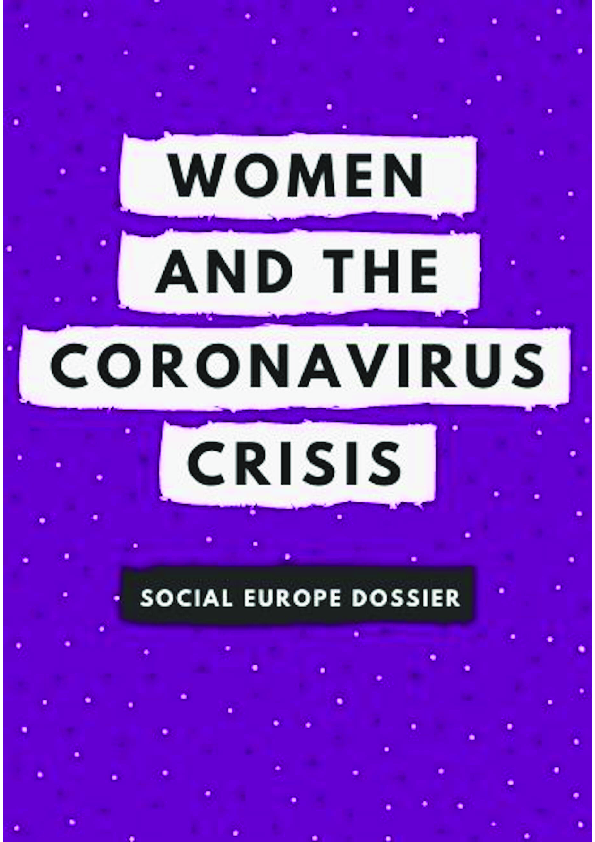Women and the Coronavirus crisis

Friedrich-Ebert-Stiftung, Berlin ; Hans-Böckler-Stiftung, Düsseldorf ; Social Europe Publishing, Berlin
Social Europe Publishing; Friedrich-Ebert-Stiftung; HBS
- Düsseldorf 2021 50 p. epidemic disease ; women ; gender equality ; work-life balance ; women workers Gender equality & Women http://library.fes.de/pdf-files/id/18581.pdf English
"The coronavirus crisis is different from known economic crises of the past. First, this time it is affecting industries previously less prone to crisis and in which more women work, meaning the highest developed and richest countries in the world are also deeply hit. The sectors affected are primarily the gastronomy, tourism and retail industries. In typical economic crises of the past, manufacturing industry or the construction sector were affected—mainly male-dominated professions. This was also the case in the financial crisis of 2008. Secondly, according to the evidence, men have more opportunities for telework than women and are more likely to keep their jobs. Meanwhile, the care deficits caused by the closure of daycare centres and schools threaten reversals for feminism and emancipation. What's next? Currently, economic analysts are predicting an end to the crisis at the end of 2021. The moment to reflect and give future scenarios a space is now. This project, supported by the Friedrich Ebert Stiftung and the Hans Böckler Stiftung, formulates progressive answers on how to support women and how women can support the recovery from the coronavirus economic crisis."
Digital
The ETUI is co-funded by the European Union. Views and opinions expressed are however those of the author(s) only and do not necessarily reflect those of the European Union or the ETUI.